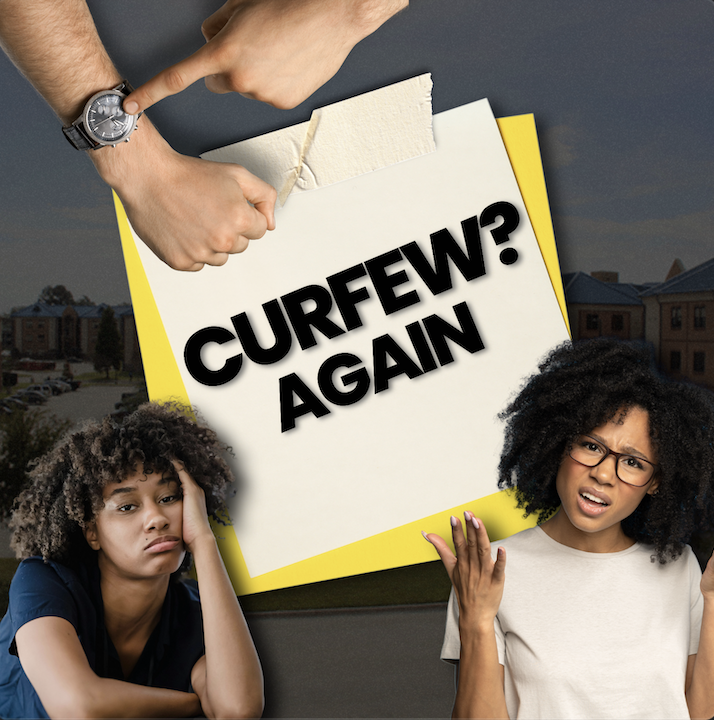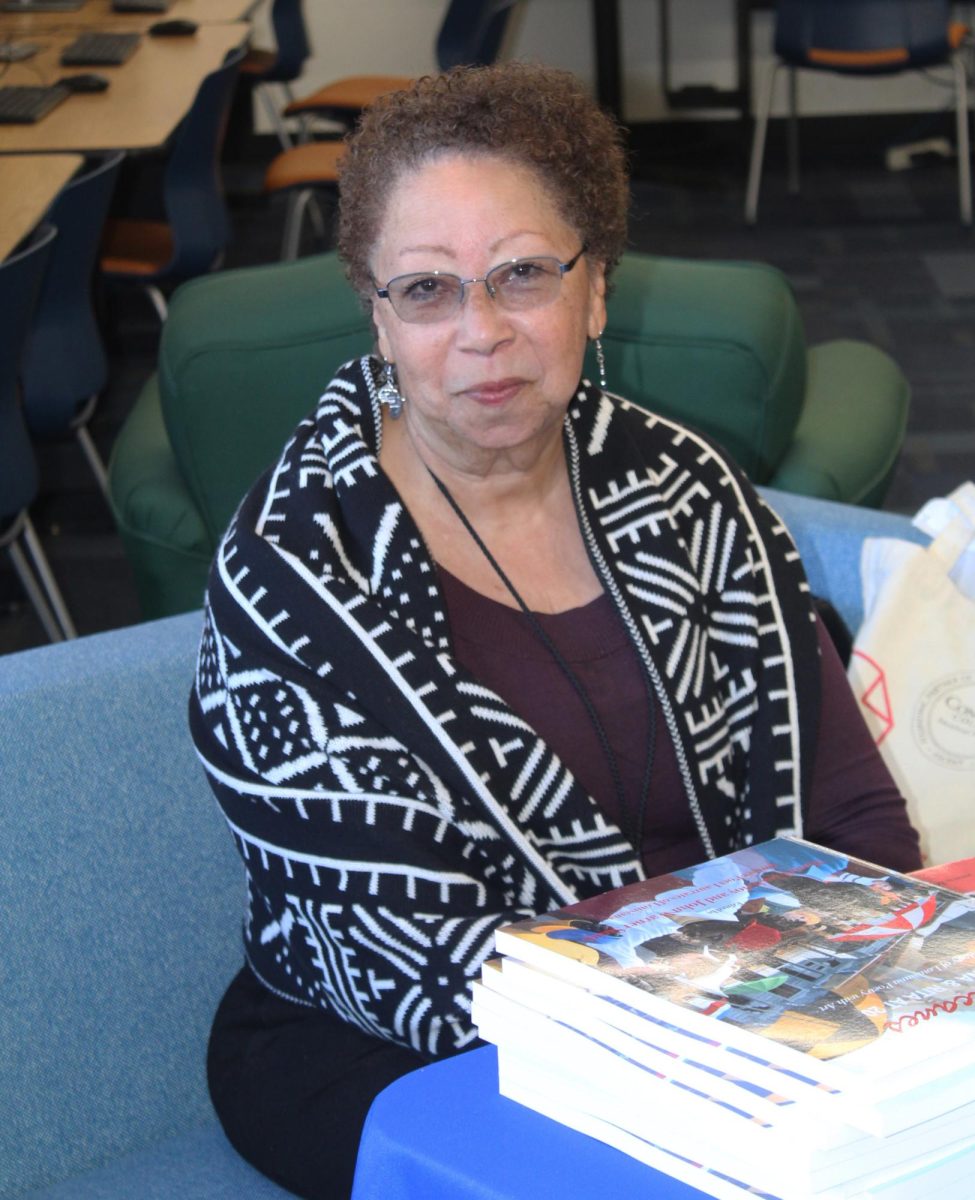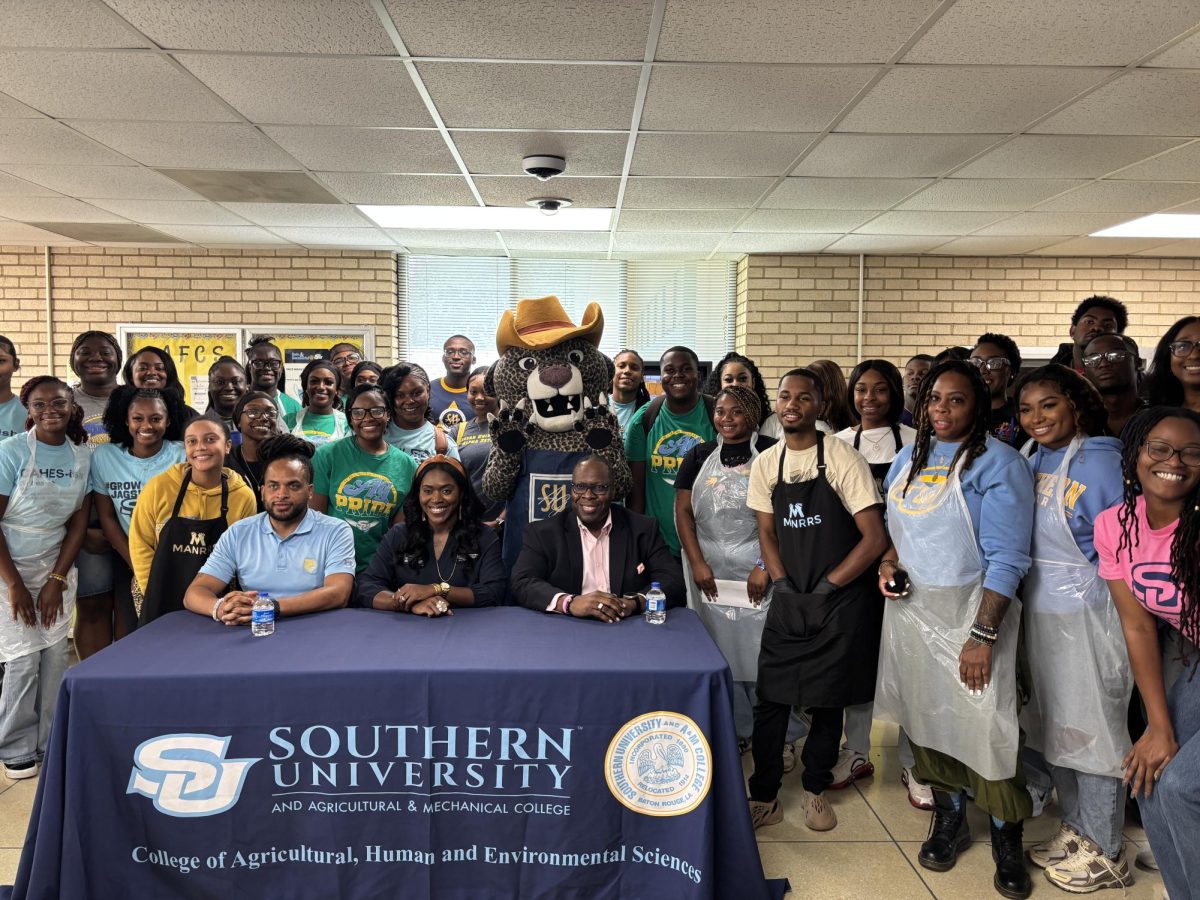“I want people to understand that although he was a large part of my life, my story doesn’t actually begin or end with B.I.G.’s death,” is what Grammy award-winning singer, songwriter, actress and now author Faith Evans proclaims in her book “Keep the Faith.”
Written along with Aliya S. King, the memoir tells her life from her humble beginnings in Newark “Brick City” N.J., her role as first lady of one the most iconic record labels in the history of hip-hop, to her controversial marriage to Christopher “No-torious B.I.G.” Wallace and ev-erything afterwards.
Writing-wise, what makes the work great is it reads part biographical film and part after-noon living room chatter.
Those who read the memoir will be surprised to not only find out about her life before Bad Boy—which could in essence be a book in itself—but how she helped the record label outside her singing.
The subtle and effective way she tells her story is how she makes everyone from friends to enemies feel human which in result makes everything she says in the book’s 353 pages seem un-deniably believable. Even when she talks about herself, it feels honest so much that in some parts you’ll feel cheer, sorrow or ask yourself, what was she thinking?… which in fact she asks herself during the book.
Obviously, the chapters in the memoir that will undoubtedly get many people talking are the ones that deal with her turbulent relationship with B.I.G. Those who read the book just to get insight on the relationship and her unintentional involvement in the beef between Tupac Shakur and the Brooklyn MC (like I did) will be happy to know that she handles it with great detail but most-importantly, care.
Her perspective on B.I.G. will make you really think about the psyche of the late rapper after reading “Keep the Faith”. She speaks on everything about the relationship from his undying affection of his hometown where he loved to chill with his crew while smoking weed and playing cee-lo to his infidelity with a certain “hardcore” female M.C. It really sheds some new unfound light on their marriage.
Also, the way she views her encounters with Tupac is very confusing which makes those sections of the memoir work because it reads as if she was confused herself on what was going on.
She does a lot of name calling of popular artists due to her professional and personal rela-tionship to them but instead of spilling gossip about them, she talks about how they played a part in her life like how Missy Elliot babysat her kids or how she and Mary J. Blige—whom she was often compared to fre-quently back in the day—would go to the same night club every Sunday night.
The memoir is a great read for those who want a look into the rise of Bad Boy, a look into hip-hop’s first power couple, new insight on some of music’s heavy hitters or even a cautionary tale for young women.
`





